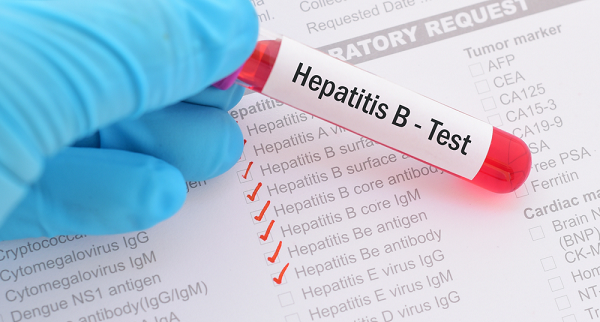
Elimination of hepatitis must remain priority
World Hepatitis Day is observed each year on July 28 to raise awareness of viral hepatitis, an inflammation of the liver that causes severe liver disease that leads to a range of health problems, including liver cancer.
This year’s theme is: “Hepatitis Can’t Wait”. With one person dying every 30 seconds from a hepatitis-related illness, the theme is meant to convey the urgency of efforts needed to eliminate hepatitis as a public health threat by 2030.
The date of July 28 was chosen because it is the birthday of Nobel-prize winning scientist Dr Baruch Blumberg, who discovered hepatitis B virus (HBV) and developed a diagnostic test and vaccine for the virus.
Speaking to the 2021 theme, the World Health Organisation (WHO) Director General, Dr Tedros Ghebreyesus, noted that the clock was ticking against the global goal to eliminate the disease as a public threat by 2030, and urged countries to buckle up.
There are five main strains of the hepatitis virus — A, B, C, D and E. Together, hepatitis B and C are the most common which result in 1.1 million deaths and three million new infections per year.
The World Hepatitis Alliance, which is a global body that raises awareness of the disease says: "If we look at the global picture, an estimated 290 million men, women and children are currently living with viral hepatitis unknowingly".
It also stressed the fact that if proper measures were not taken, the number would increase by 76 million by 2030, adding that the number of preventable deaths from viral hepatitis would be around 18.1 million.
The Daily Graphic believes that this prediction definitely raises concerns and highlights the need to address this global burden with all seriousness.
Bringing it home, nearly four million Ghanaians live with hepatitis B or C. Most are unaware of their infection, putting them at risk for advanced liver disease.
Hepatitis B and hepatitis C are the leading causes of liver cancer in Ghana.
Liver cancer is one of the few cancers on the rise, and one of the deadliest. The epidemics of hepatitis B and C have surpassed that of HIV/AIDS and annually kill more people than all of the 60 reportable infectious diseases combined.
Indeed, the Daily Graphic is not oblivious of the contributions and efforts of the government over the past few years which led to the formulation of the national policy on viral hepatitis. However, the nation’s opioid crisis continues to fuel the rapid spread of both viruses.
In addition to these challenges, the National Hepatitis Policy concludes in no uncertain terms that Ghana can eliminate hepatitis B and C as a public health threat by 2030, averting nearly 90,000 deaths, and putting us on the path to achieve one of the greatest public health victories in our lifetime.
What is needed now is a strategic political will, collaborations with all the various stakeholders and financial investments, especially, the government. This will require a strong central leadership role.
The Daily Graphic urges the health authorities to continue to strengthen and expand our advocacy and awareness campaigns with all the stakeholders involved.
We also pledge our support and contributions in the area of the development of an active policy, backed by political willingness, resource mobilisation and capacity building. These are keys to successful disease elimination.
We sincerely believe that only a rigorous and strategic national response to hepatitis B and C can make the “Eliminate Hepatitis” a reality. We are in the era of elimination.
Undoubtedly, the war against hepatitis is far from over and we still have a long way to go. We have to push forward and push forward dynamically, and we have to do it together.
